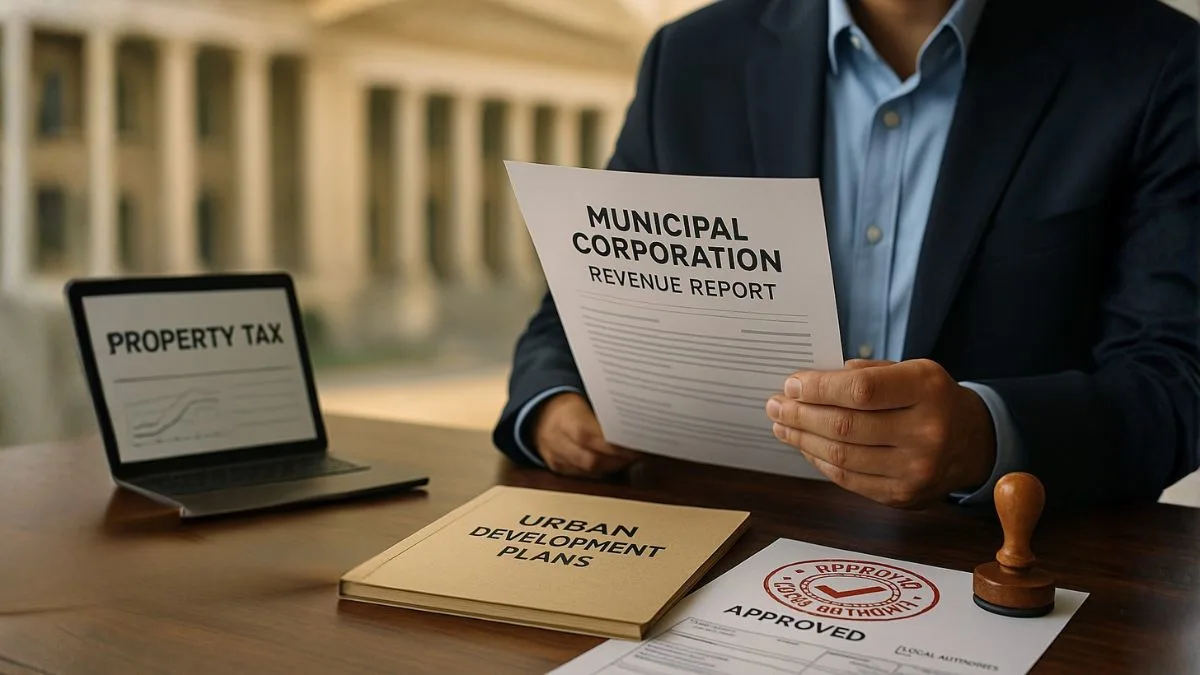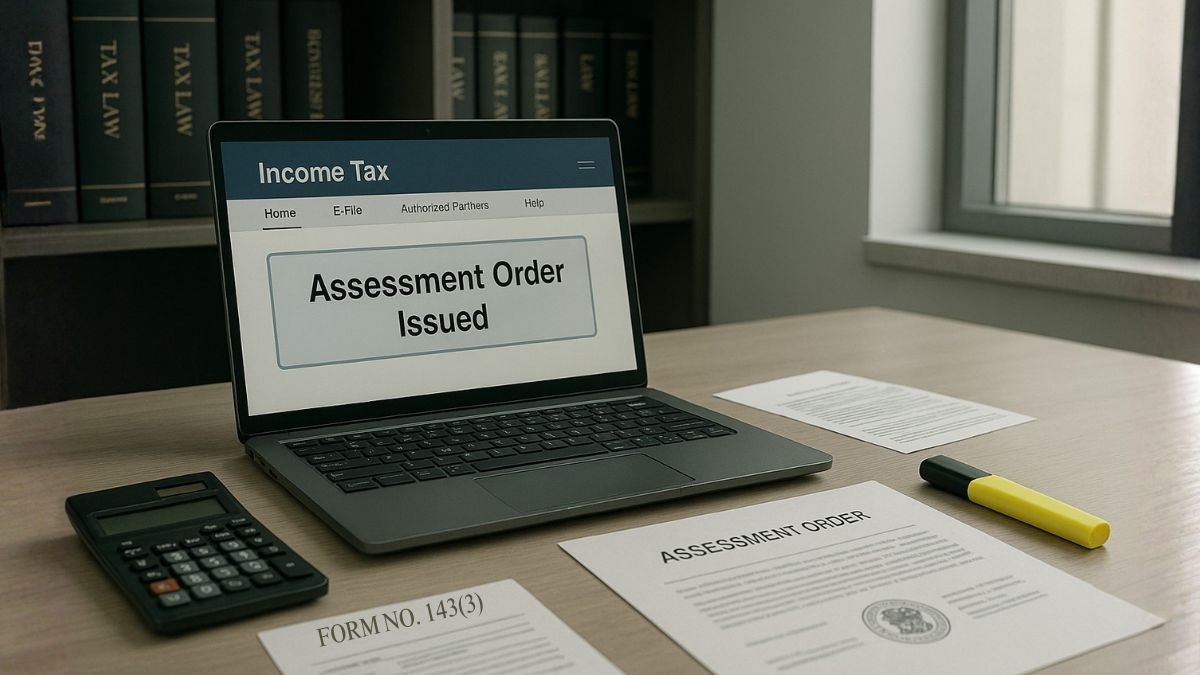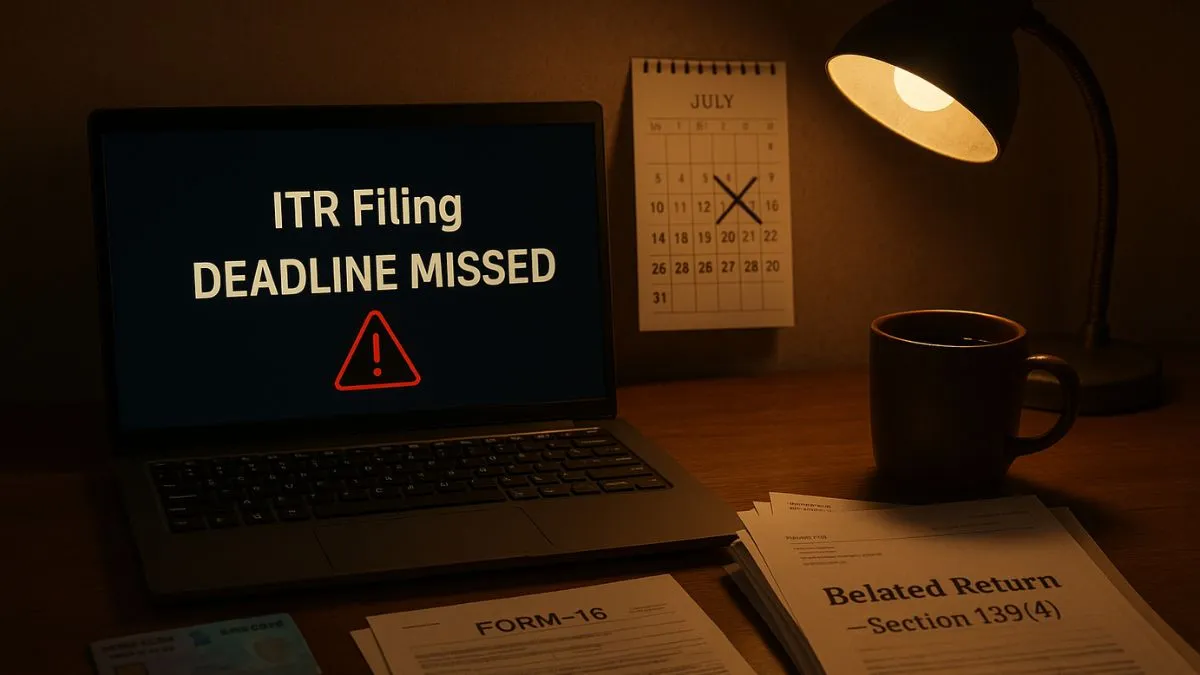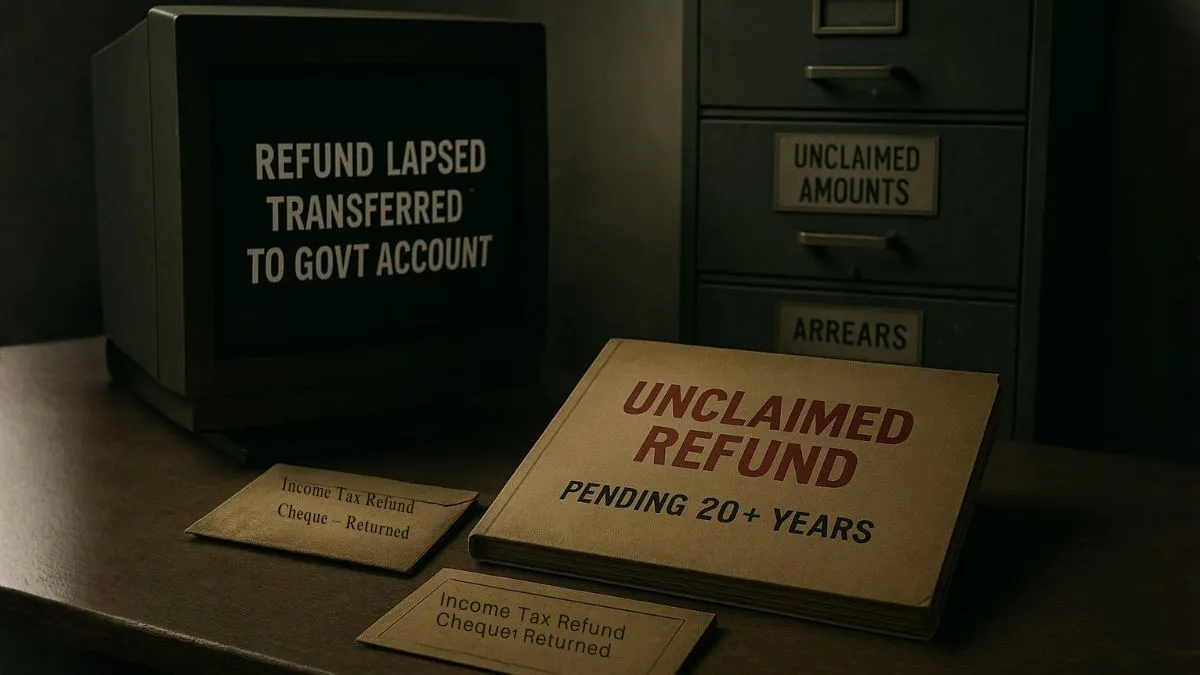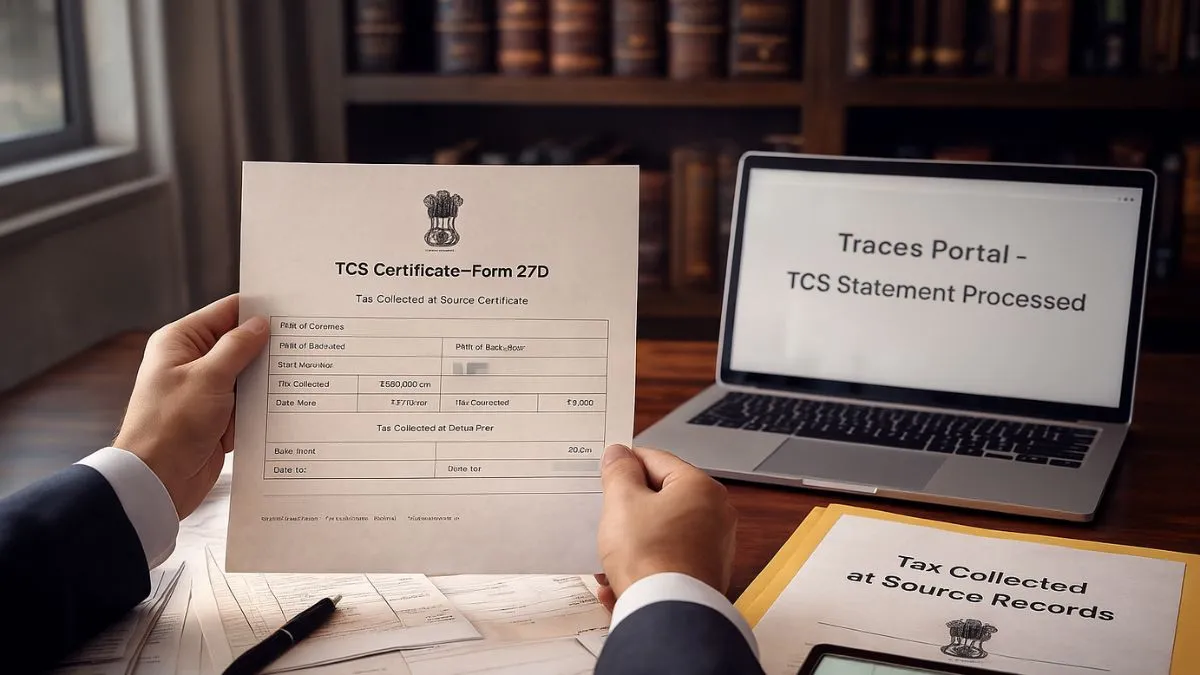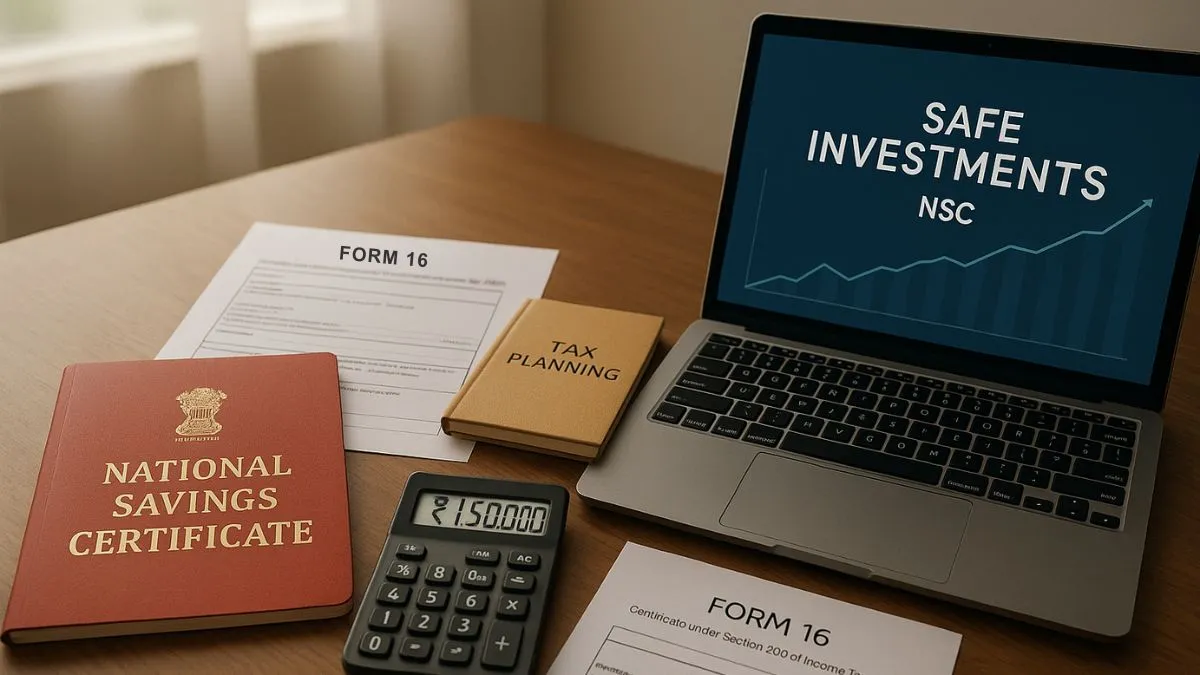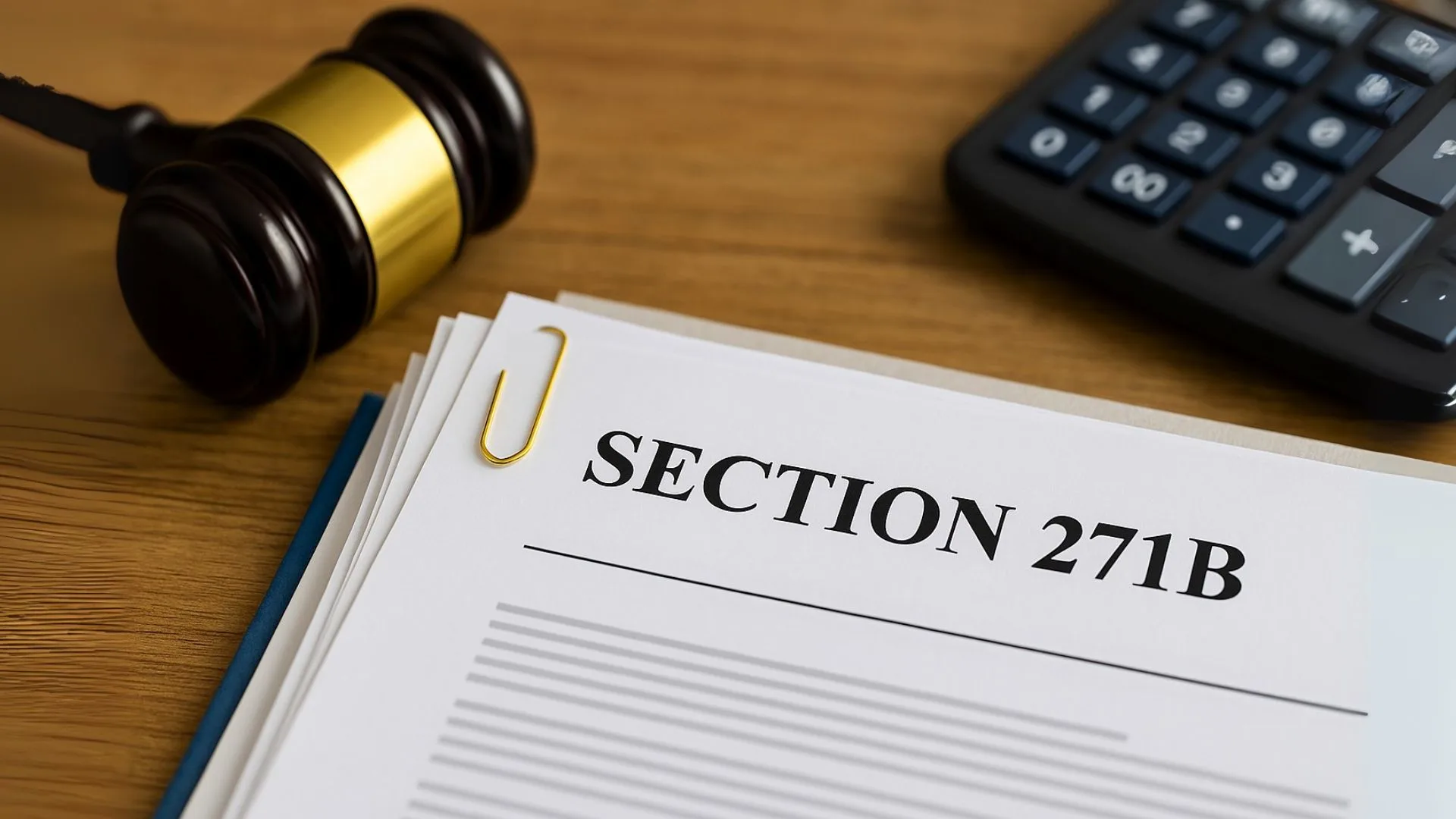
The Indian Income Tax Act has strict compliance requirements, especially for businesses and professionals. One such crucial provision is Section 271B of the Income Tax Act, which imposes a penalty on taxpayers who do not follow the rules related to tax audits under Section 44AB. Simply put, if any person fails to get his accounts audited within the prescribed due date, they may face monetary penalties.
This section deals with penalties for failure to comply with tax audit requirements and is aimed at maintaining transparency and accuracy in income reporting. Businesses with high turnover, as well as professionals earning above a certain threshold, need to be aware of this section to avoid unnecessary financial burdens.
When Does Section 271B Apply?
Section 271B becomes applicable when a taxpayer falls under the purview of Section 44AB but fails to complete the audit on time. This includes:
- Businesses with turnover exceeding the prescribed limits.
- Professionals earning above the specified gross receipts limit.
- Entities opting for presumptive taxation but exceeding turnover restrictions.
Example:
If your business turnover exceeds ₹1 crore (₹10 crore if cash transactions are minimal) and you fail to get accounts audited before the due date, Section 271B penalizes the assessee who fails to get the accounts audited."
Penalty Provisions under Section 271B
The penalty is straightforward but significant.
As per the provision:
- Penalty = 5% of turnover or gross receipts
- Subject to a maximum of ₹1,50,000
Key Points:
- The penalty is imposed on taxpayers only when there is a clear non-compliance.
- It is calculated based on turnover or receipts, ensuring proportionality.
- The assessing officer has the power to waive the penalty in specific situations.
Common Reasons for Penalty under Section 271B
Failure to comply with Section 271B can happen due to several reasons:
- Not maintaining proper books of account
- Delays in appointing an auditor
- Misunderstanding of turnover/gross receipt limits
- Reliance on presumptive taxation without eligibility
- Ignoring audit requirements for branches or subsidiaries
Also Read: Tax Audit Triggered? Here’s What Can Put You Under the Scanner in FY 2024–25
Reasonable Cause – Avoiding Penalty
While Section 271B imposes a penalty on taxpayers, the Income Tax Act also provides relief if the assessee can prove there was a reasonable cause for failure. Examples include:
- Natural disasters affecting record maintenance
- Sudden illness of key finance staff or auditor
- Loss of data due to technical glitches
- Strikes or lockouts
If the assessing officer is satisfied with the explanation, the penalty may be waived under Section 273B.
How to Avoid Penalties Under Section 271B
Here are practical tips to stay compliant:
- Track turnover regularly to know when you cross audit thresholds.
- Appoint a qualified Chartered Accountant well before the due date.
- Maintain accurate and updated books of account.
- File tax audit reports electronically on time.
- Stay updated with amendments in turnover limits.
Case Law Insights on Section 271B
Judicial precedents have shown that penalties are not automatic and can be avoided if reasonable cause is proven:
- In several cases, courts have quashed penalties when technical glitches delayed filings.
- Penalties have been removed when audit requirements were misunderstood due to new business structures.
Important Deadlines to Remember
- Due date for tax audit: Generally 30th September (subject to changes in Finance Act amendments).
- Late filing beyond this date without reasonable cause can trigger Section 271B penalties.
Also Read: Tax Audit Limit: Who Needs a Tax Audit and Why?
Quick Recap – Key Facts about Section 271B
- Purpose: Ensures timely tax audits
- Applies to: Businesses & professionals exceeding turnover/gross receipt limits
- Penalty:5% of turnover/receipts, max ₹1,50,000
- Relief: Possible if reasonable cause is proven under Section 273B"
Final Thoughts
Compliance with Section 271B of the Income Tax Act is not just about avoiding penalties; it’s about maintaining financial discipline and transparency. Businesses and professionals should treat tax audits as an essential part of their annual compliance checklist.
💡 If you want to avoid penalties and ensure smooth tax filing, our expert team at Callmyca.com can handle your tax audit requirements from start to finish — making sure you’re always compliant and stress-free.

